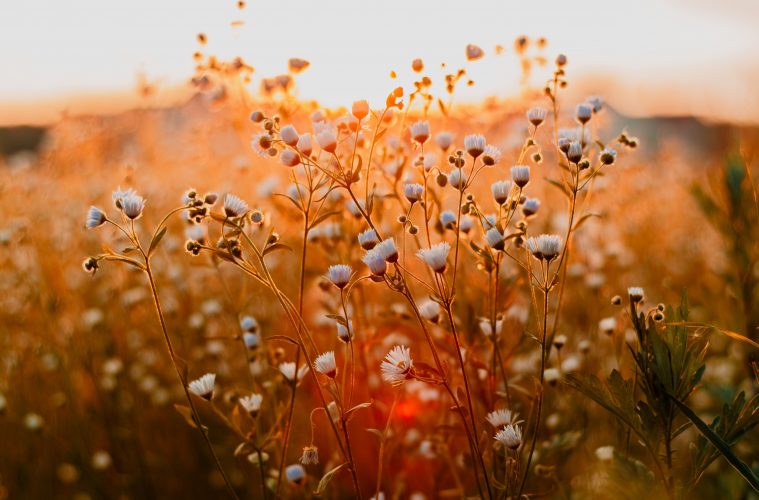After seven successful years of hosting foraging-themed pop-up events and tours around the city, a new business venture shifts the focus to highlighting Cape Town from a scent perspective.
Follow Your Nose, the new pioneer for olfactory tourism in the Western Cape founded by a local authority on foraging and fragrance, Justin Williams, is set to introduce a series of new sensory experiences to put Cape Town on the olfactory map.
‘Cape Town is a trove of fragrant plants and interesting scent materials, every one of them with a backstory. Tourism has, up until now, focused mostly on the senses of sight and taste, but nothing formal really exists to showcase our city through scent,’ explains Williams.
‘I want to share in the joy I receive from smelling the crushed leaves of Cape Wild Mint, for example, a plant that naturally occurs alongside streams. Cooling and refreshing, the leaves make for a wonderful tea when paired with African Verbena. Both rich in cultural significance with histories of traditional use,’ he adds.
According to Williams, crushing the leaves of Cape Wild Mint also makes the basis for the top notes of a perfume.
‘Fortunately, one can obtain the distilled essential oils of these plants, making them unique candidates for use in fragrances,’ he says. ‘This is what Follow Your Nose is all about, the intersection between plants and perfumery within a local context.’

Did you know that there is a therapeutic benefit from getting a whiff of one of your favourite scents?
Ancient cultures across Egypt, China and India recognised that certain aromatic materials are capable of producing calming physiological responses within ourselves.
Research is revealing that the nose-to-brain effect of aroma molecules like limonene, found in the aroma of citrus peels, and pinene, found in the smell of pine needles, produce anti-anxiety effects.
‘Our brains are constantly receiving signals derived from aroma molecules floating around our headspace,’ explains Williams. ‘All the smells around us and how we perceive them, I find olfaction so interesting. Those signals are transmitted to the parts of our brain responsible for emotion and memory.’

Williams has been training his nose and slowly building his knowledge of perfumery, a complex craft that involves the creation of fine fragrance, much like the perfumes you would find at a luxury retailer.
‘When I started paying more attention to the smells of the places in nature I visited and the different aromatic profiles of local plants obtained by crushing their leaves a few years ago, I began to wonder if it would be possible to bottle these scents, to be enjoyed at all times. That ultimately led me to begin learning perfumery,’ he shares.
‘Soon I was mixing essential oils together in carrier oils but that just wasn’t good enough, not the level of quality I was looking for. Those basic formulations lacked depth, tenacity and character, so I began learning basic chemistry and discovering more materials, proper ways to formulate and trial fragrances,’ he continues.
‘Your palette of materials, ratios, dilutions, solvents, building accords, maceration and maturation are all important parts of the fragrance-making process.’
Which brings us to the question: how can we smell what Justin Williams is talking about?

Follow Your Nose will be offering two guided scent tours right before Christmas, both taking place in the scenic Constantia Valley. Guests will be treated to an educational and sensory experience complete with a welcome snack and drink.
In 2024, Williams will be introducing perfumery workshops where guests will be able to learn how to create their own fine fragrances.
Article originally written and published by for Cape Etc.
Feature image: Pexels


